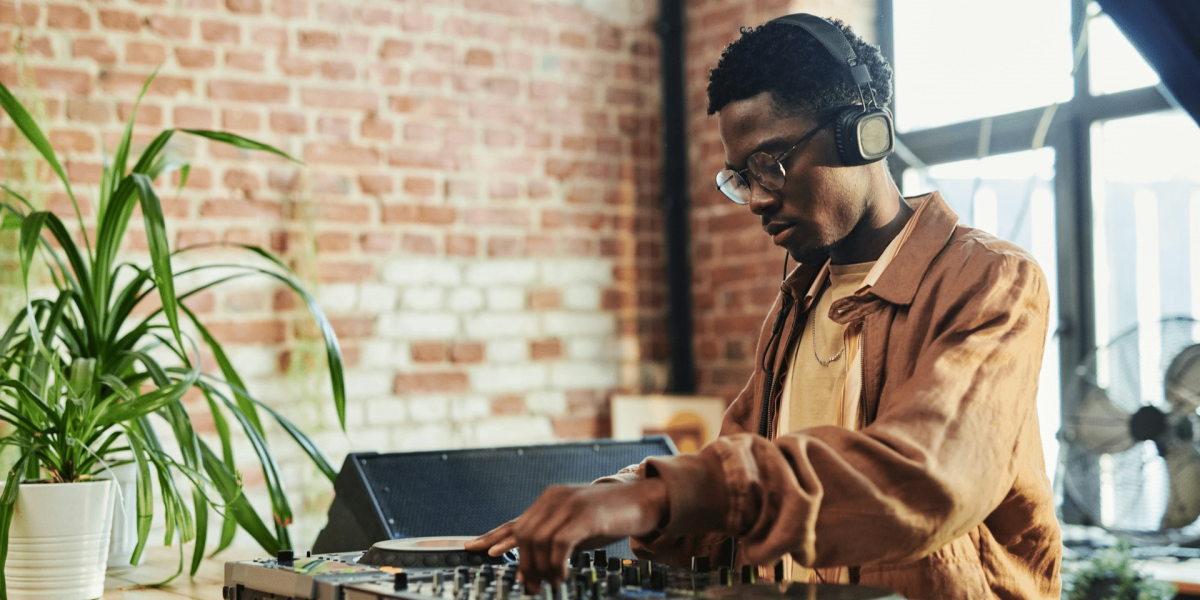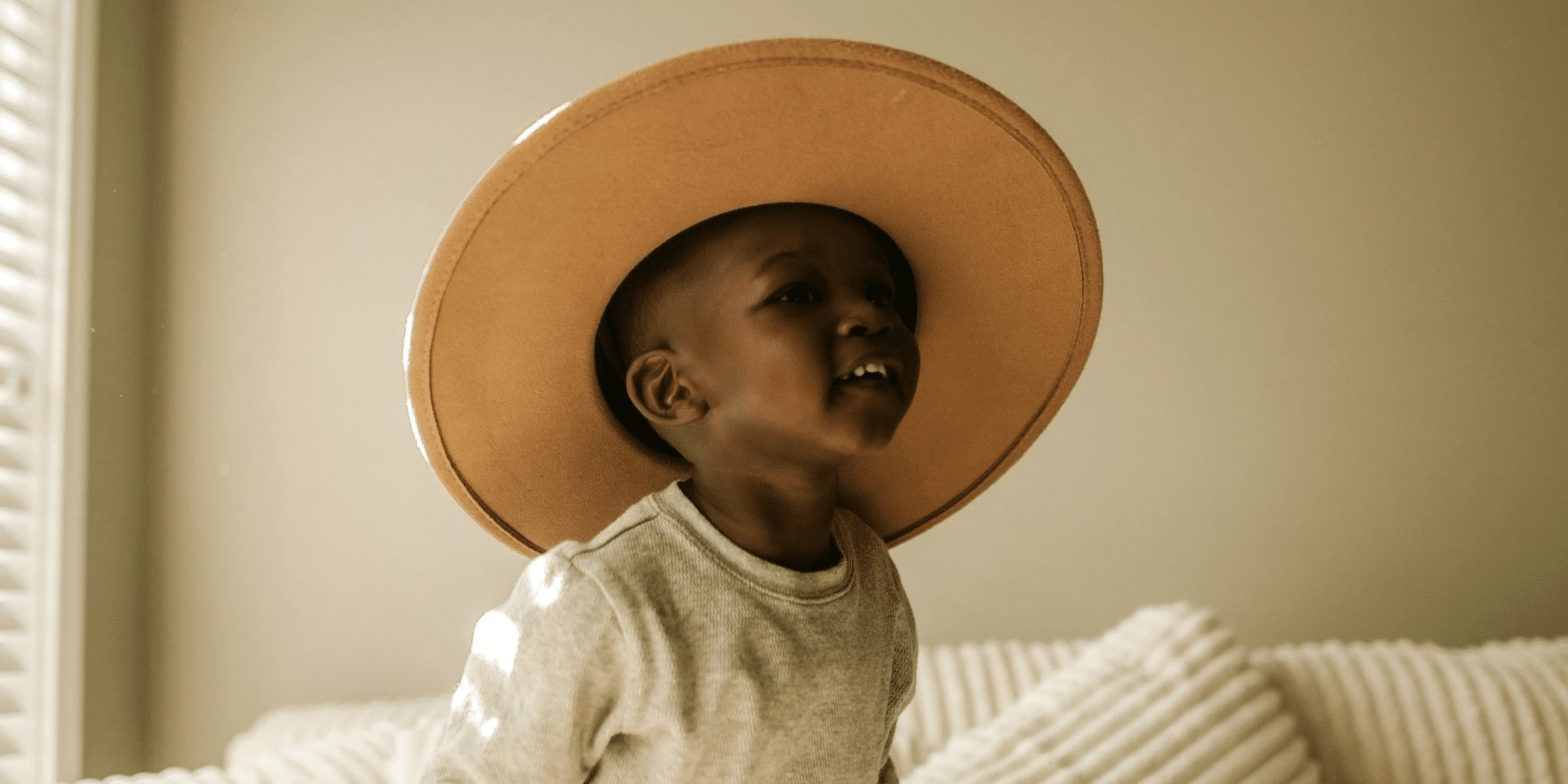Early Roots of Black DJ Culture
The story of Black DJs begins with community gatherings that used music as a unifying force. In the early 20th century, African American communities hosted house parties and rent parties, where DJs played jazz, blues, and rhythm and blues records. These events were more than entertainment; they were opportunities to raise funds, strengthen community ties, and create safe spaces for cultural expression.
As Smithsonian Magazine explains, early DJs used portable sound systems to bring music into homes and community halls. Their ability to blend genres and create seamless transitions laid the foundation for what would later become club culture. The emphasis was not only on the music itself but also on the shared experience of dancing and celebrating together.
This grassroots approach to music set the stage for DJs to become cultural leaders. By shaping the soundtracks of community life, they established themselves as innovators who could influence both local and global music trends.
The Emergence of Club Culture
By the 1970s, DJs had moved from community gatherings into clubs, where their influence expanded dramatically. Figures such as Frankie Knuckles in Chicago and Larry Levan in New York became central to the development of house and garage music. Their work transformed clubs into cultural hubs where music, identity, and social change intersected.
According to SoundAtopia, these DJs were more than entertainers. They were architects of sound who built entire genres from the ground up. House music, with its repetitive beats and soulful vocals, emerged from Chicago’s Black and Latino communities before spreading worldwide. Garage music, shaped in New York, carried similar cultural weight.
The club scene became a space where marginalized communities could express themselves freely. For many, it was one of the few places where identity and creativity could be celebrated without judgment. DJs played a central role in sustaining this environment, using music to create inclusivity and connection.
Innovation Through Sound Systems
The influence of Black DJs also extends to the technology of sound. In Jamaica, sound system culture became a defining feature of community gatherings. DJs and selectors built powerful speaker systems that could fill outdoor spaces with music, creating immersive experiences that shaped reggae, dancehall, and later hip‑hop.
This innovation spread internationally, influencing DJs in the United States and Europe. The emphasis on bass, rhythm, and crowd interaction became hallmarks of club culture. These sound systems were not just technical achievements but cultural statements, demonstrating how music could bring people together across boundaries.
The portability of sound systems also allowed DJs to reach wider audiences. Block parties in New York, often powered by Jamaican‑inspired setups, became the birthplace of hip‑hop. DJs like Kool Herc used turntables to extend breaks in funk records, giving dancers more time to showcase their moves. This technique laid the groundwork for hip‑hop culture, which continues to influence global music today.
DJs as Cultural Storytellers
Black DJs have always been more than selectors of music. They are storytellers who use rhythm, lyrics, and transitions to guide audiences through emotional journeys. Each set is a narrative, shaped by the energy of the crowd and the cultural context of the moment.
As Envato Elements highlights, Black creativity has consistently shaped global culture. DJs embody this tradition by blending past and present, drawing on historical sounds while introducing new ones. Their work ensures that cultural memory is preserved while innovation continues.
This storytelling role also reinforces the DJ’s position as a cultural leader. By choosing which songs to highlight and how to present them, DJs influence not only musical tastes but also cultural conversations. Their sets often reflect the struggles, joys, and aspirations of their communities.
Global Influence and Lasting Legacy
The impact of Black DJs extends far beyond local clubs. Genres such as house, techno, hip‑hop, and dancehall have become global phenomena, shaping festivals, radio, and mainstream music. The techniques pioneered by Black DJs are now standard practice across the industry, from beat‑matching to remixing.
Their influence is also visible in how music is consumed. Streaming platforms and digital tools may have changed the format, but the principles of DJing—curation, storytelling, and community connection—remain central. The global popularity of electronic dance music, for example, can be traced directly to the innovations of Black DJs in Chicago, Detroit, and New York.
The legacy of Black DJs is not only musical but also cultural. They created spaces where marginalized voices could be heard, and their contributions continue to inspire new generations of artists. By blending creativity with community, they transformed club culture into a global movement.








